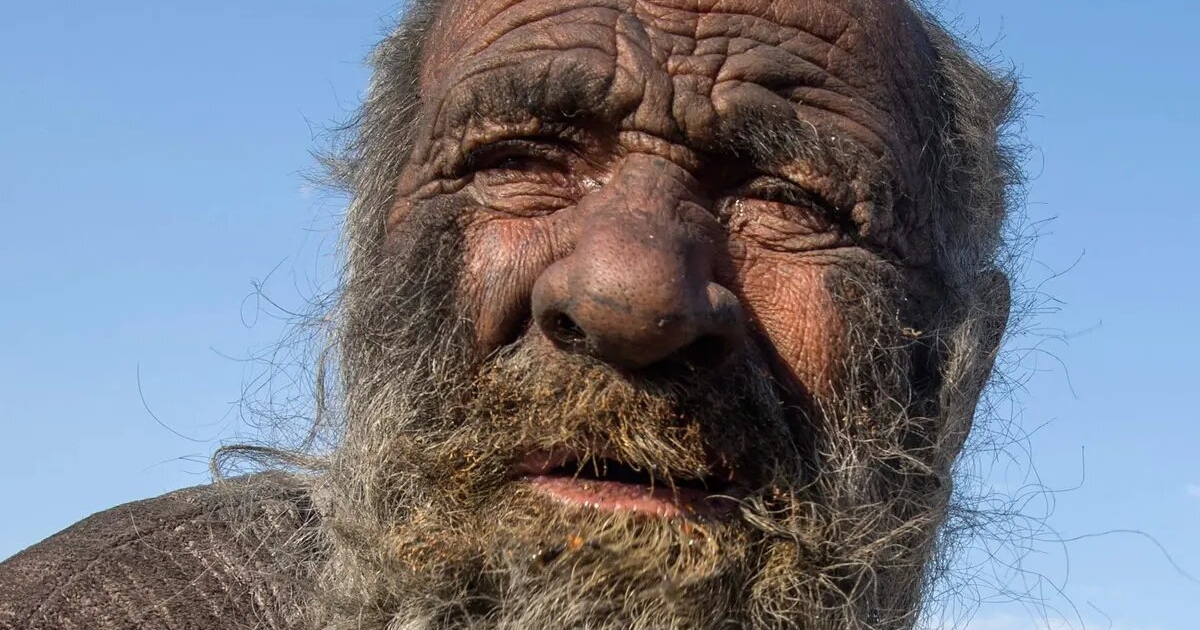Amou Haji, famously known as the “world’s dirtiest man,” passed away in October 2022 at the age of 96 in his native Iran. For over sixty years, he refused to bathe, which left his body coated in layers of dirt and mud. Locals said he often blended into the dry landscape so well that, when still, he looked like part of the scenery. His extreme avoidance of cleanliness made him a local legend and an unusual figure both within and beyond his village.
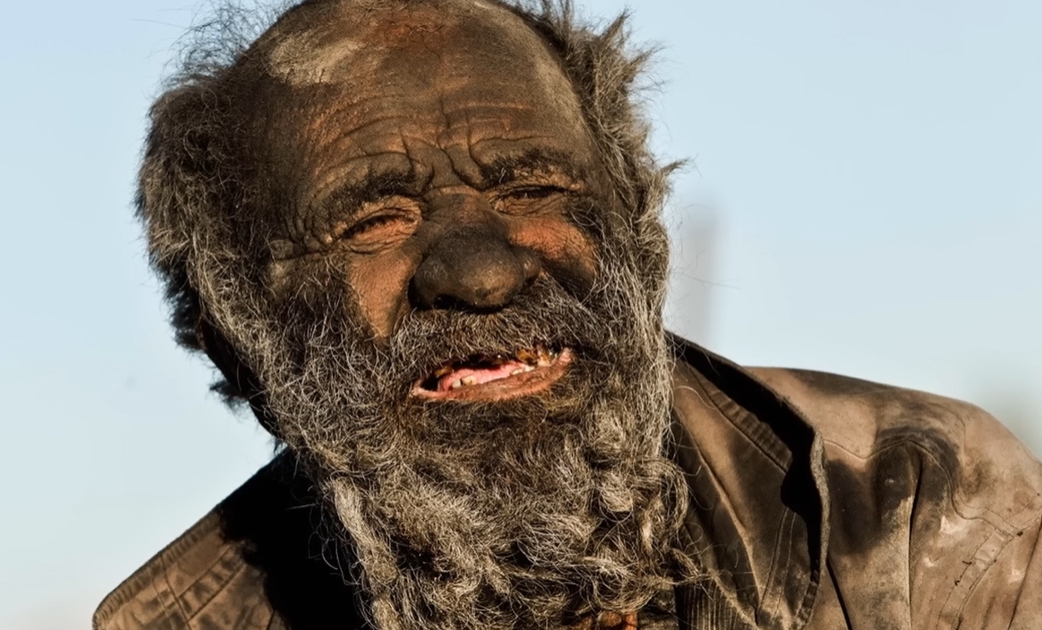
In a surprising turn of events, just months before his death, Haji was persuaded by villagers to take a bath—his first in decades. Soon after, he became ill and passed away, leading many to speculate that his fear of bathing, which he long believed would harm his health, had some tragic truth. Experts later suggested that Haji may have suffered from ablutophobia, a rare and intense fear of bathing or washing that often stems from trauma or deep psychological issues.
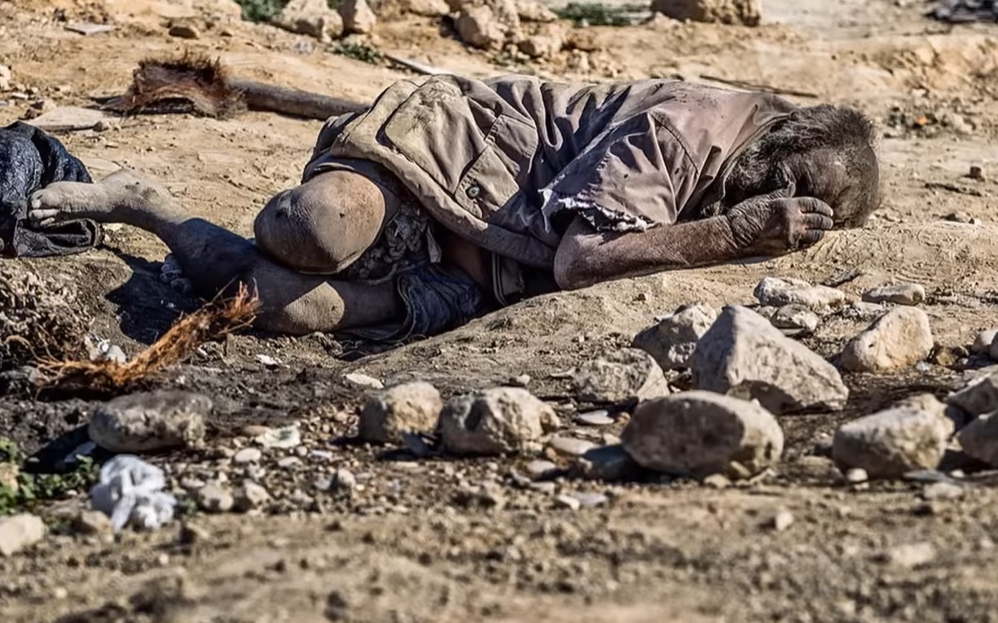
Dr. Siva Yechoor of The Toledo Clinic noted that while ablutophobia is extremely rare, it can manifest as a specific phobia or as avoidance behavior, especially in older adults. She described cases where younger people developed the fear following traumatic water-related incidents. One such example involved a man who avoided showering after a near-drowning experience, demonstrating how mental trauma can deeply affect hygiene habits and routines.
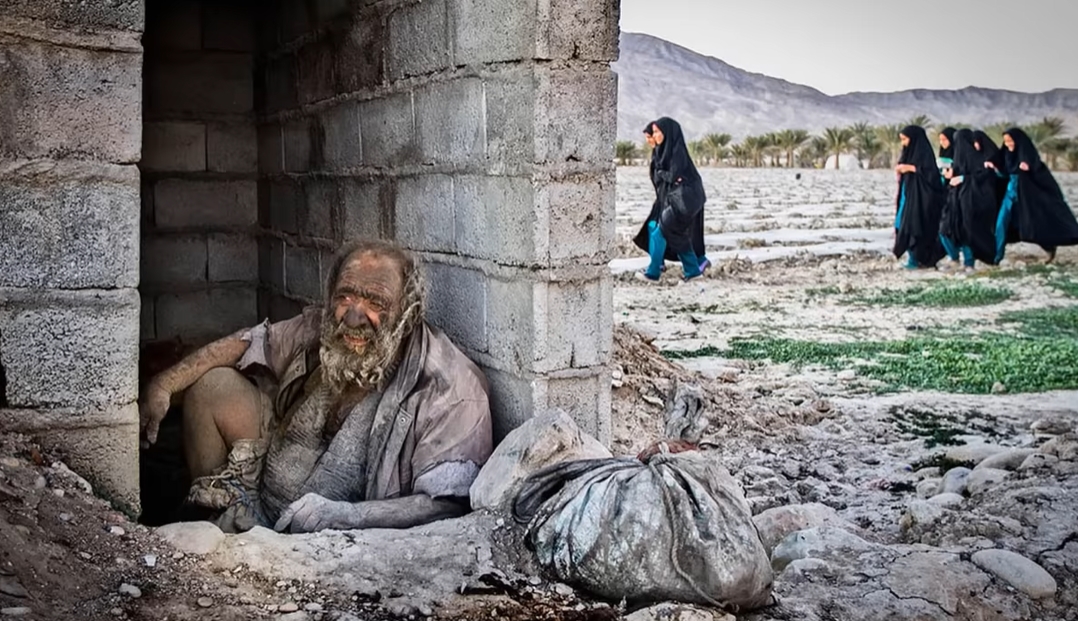
Throughout his life, Haji lived in a makeshift shelter—either a hole in the ground or a basic brick hut. His lifestyle attracted attention over the years, culminating in a 2013 documentary titled The Strange Life of Amou Haji, which provided insight into his daily routines and the beliefs that led him to reject bathing. The film offered a rare window into the mindset of a man who chose to live in isolation from social norms, gaining him international notoriety.
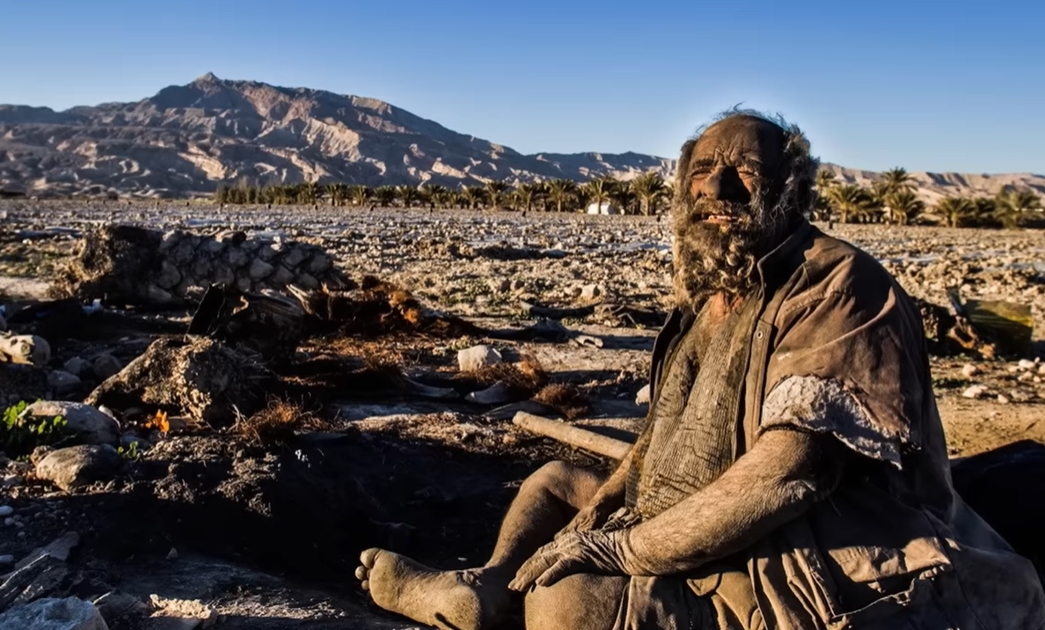
Amou Haji’s story is both captivating and tragic, revealing how fear, mental health, and personal belief can shape a person’s entire existence. His long, unconventional life and the events leading up to his death challenge our understanding of hygiene, health, and psychological resilience. Though he may be remembered for his avoidance of cleanliness, his life ultimately raises deeper questions about the complexities of the human mind.
